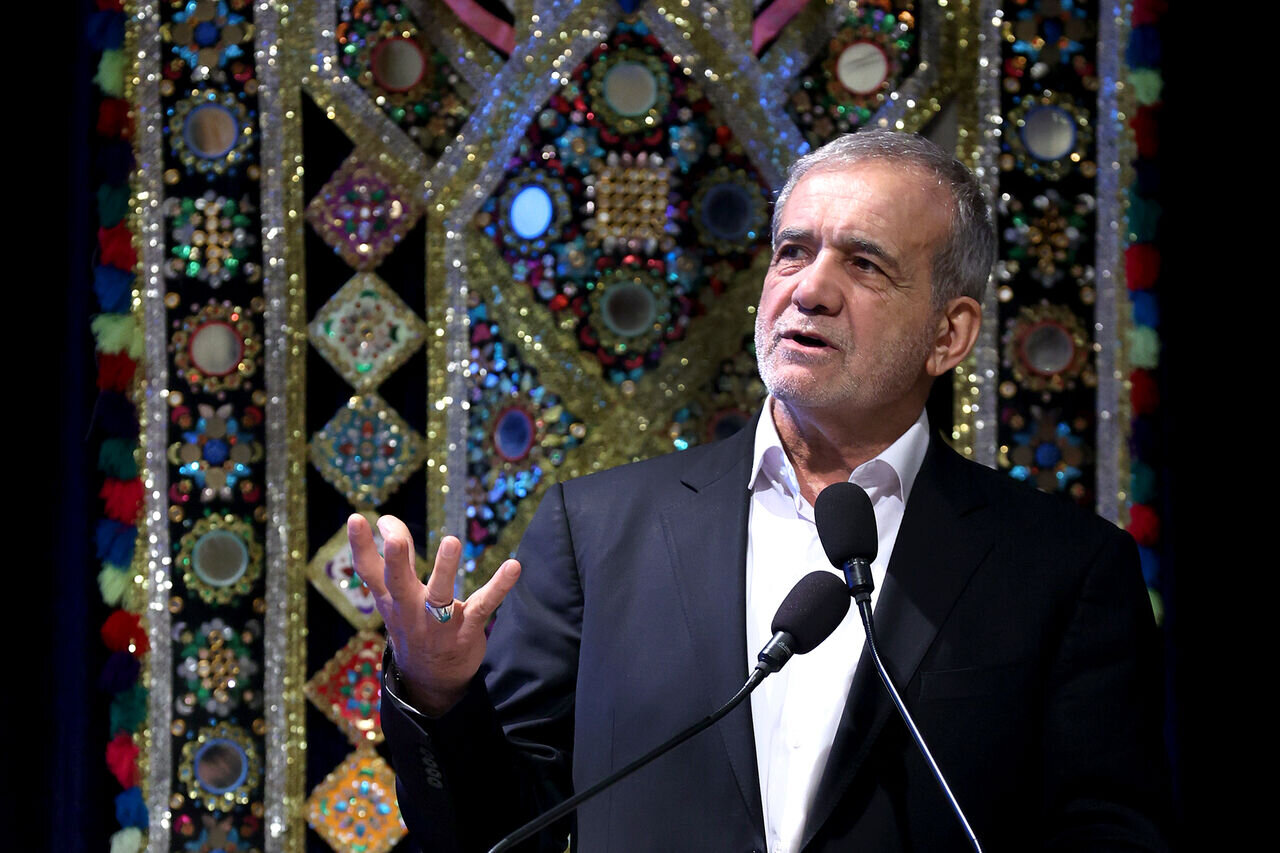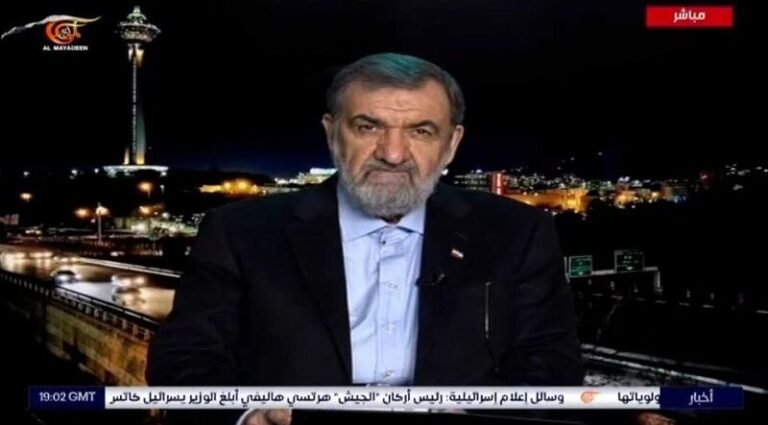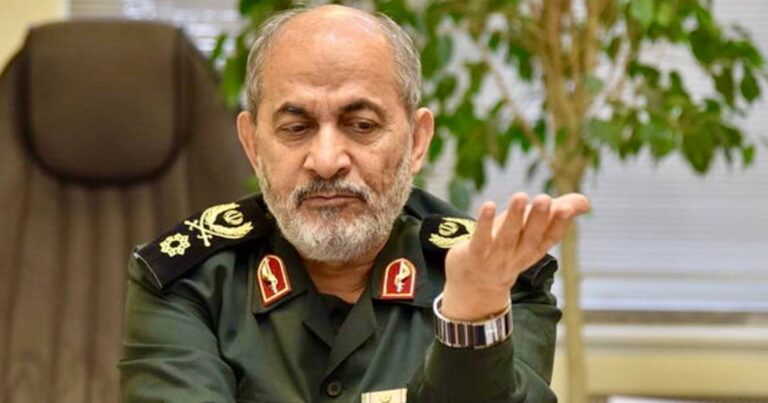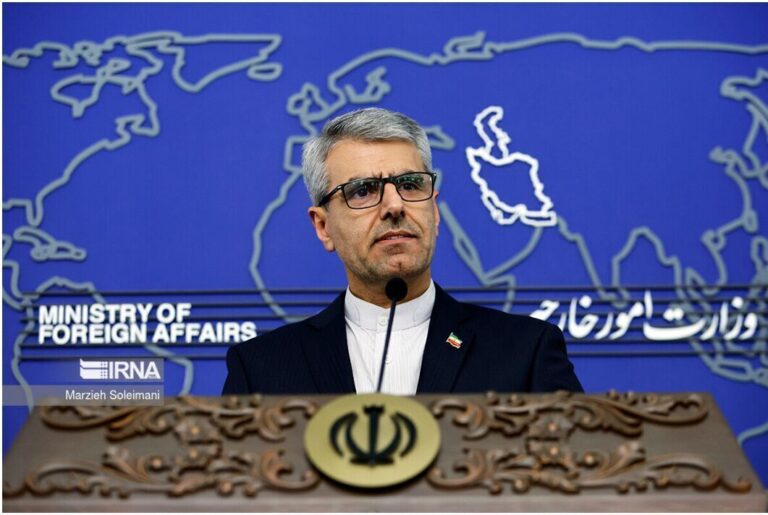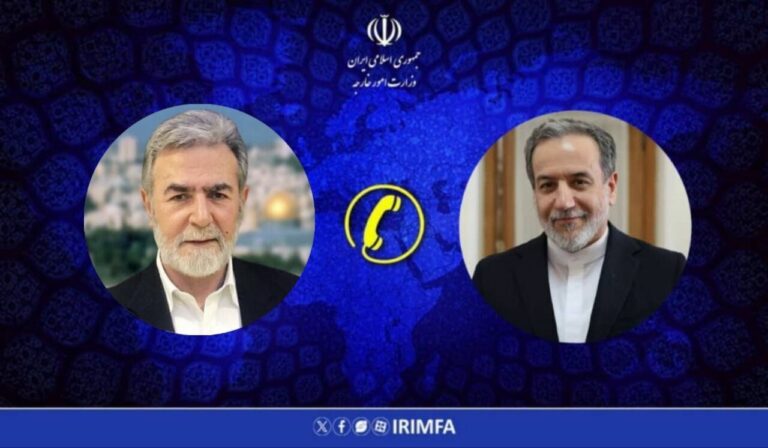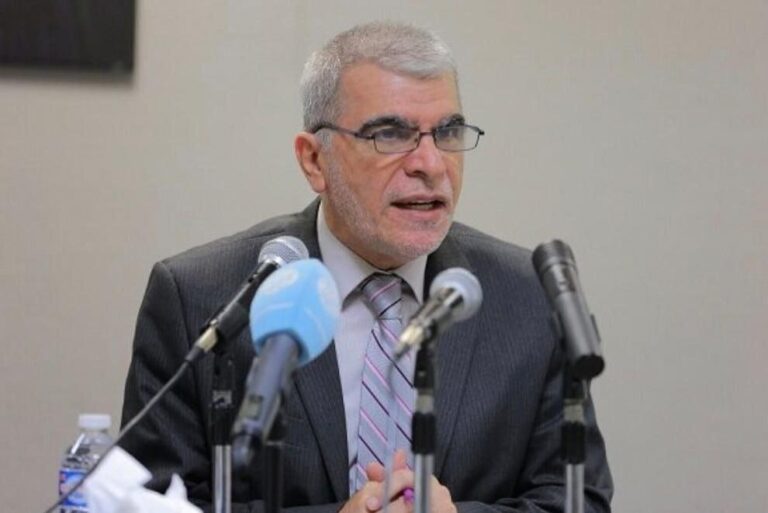Iran’s Rivals: The Primary Backers of Global Terrorism, Claims Pezeshkian
The ongoing discussions surrounding Iran’s position in the global arena have sparked significant debate, particularly regarding the accusations leveled against the nation by foreign powers. Recently, a high-ranking Iranian official articulated a strong counter-narrative, emphasizing that “The enemies claim to defend human rights and call Iran a ‘terrorist state,’ but in reality, Iran is the true victim of terrorism,” during a speech delivered in the capital, Tehran, as reported by PressTV.
In his address, the official pointed out the hypocrisy of those accusing Iran, noting their support for groups that have committed acts of terrorism against the Iranian people. He remarked that it is, in fact, the accusers who are providing backing to the real perpetrators of violence.
Key points from Pezeshkian’s speech included:
- Double Standards: He criticized the United States and its Western allies for their inconsistent stance on human rights, highlighting their support for the anti-Iran Mujahedin-e Khalq Organization (MKO), which has been responsible for numerous atrocities.
- The Israeli Regime: He condemned the actions of Israel, which has inflicted suffering on countless individuals across the region.
- Silence on Gaza Atrocities: Pezeshkian denounced the silence of supposed human rights defenders amidst the ongoing atrocities in the Gaza Strip, where innocent civilians, including women and children, are suffering.
Pezeshkian’s remarks were made during the closing ceremony of Tabriz Cultural Week in Tehran, an event that pays homage to the rich cultural heritage of Tabriz, a city in northwestern Iran. He reflected on the historical context of Iran’s struggles, reminding attendees that from the onset of the 1979 Islamic Revolution, the Islamic Republic has faced persistent plots from its adversaries.
He recounted the failed Operation Eagle Claw, a U.S. military operation in April 1980 aimed at rescuing American hostages in Iran. The operation ended in failure due to a sandstorm that crippled U.S. forces, leaving them humiliated. Pezeshkian also referenced the eight-year war instigated by Iraq’s former dictator, Saddam Hussein, which was supported by Western powers and resulted in the loss of countless Iranian lives.
“If those young men had been with us today, the situation in the country would be entirely different,” he reflected, honoring the sacrifices made by young Iranians who dedicated their lives to the nation without expectation of reward.
Moreover, he emphasized the MKO’s terrorist campaign following the Revolution, which led to the deaths of many prominent figures, including government officials and scientists. He stated, “The enemies carried out 18,000 street executions,” underlining the scale of violence perpetrated against the Iranian populace.
Pezeshkian also took a moment to honor the historic uprising in Tabriz on February 18, 1978, which played a crucial role in the Revolution’s success. He stated, “Had it not been for the February 18th uprising, the Revolution would not have been possible.” The people of Tabriz demonstrated their resilience and commitment to the fight against oppression, which continued during the war.
Despite the numerous challenges faced by Iran, Pezeshkian expressed confidence that the nation would emerge victorious. He stated, “We are on a path that presents us with many difficulties, but I firmly believe that, with God’s grace and through unity, we will be able to overcome the crises created for us.”
He underscored the importance of steadfastness and leadership in navigating the country through troubled times, affirming, “I remain committed to my promises, and with the guidance of Leader of the Islamic Revolution Ayatollah Seyyed Ali Khamenei, we will move forward with strength.”
Reiterating Iran’s commitment to its citizens, Pezeshkian dismissed the efforts of foreign powers to create discontent among the Iranian people. “They try to create discontent among our people by blocking all avenues for the country, but their plans will fail. As long as we have the support of our noble people, we will foil all their efforts and bring peace and security to our land,” he assured.
Moreover, he highlighted that Iran’s foreign policy has always been oriented towards fostering domestic unity and constructive relationships with neighboring nations. He stated, “We believe that all Muslims are brothers and should stand together against oppression, injustice, and inequality.”
Pezeshkian reaffirmed Iran’s dedication to peace, brotherhood, and unity, which he described as foundational Islamic principles. “We have never disrupted the peace in the region. We have always followed the teachings of the [Holy] Qur’an and Prophet Muhammad (PBUH) in our pursuit of peace and harmony,” he noted.
In conclusion, he emphasized the significance of peace for national growth and development: “We understand that growth is only possible in a peaceful and stable environment. In war and conflict, there can be no progress.”
As Iran continues to navigate its path amidst global challenges, the words of Pezeshkian resonate strongly, reinforcing the nation’s commitment to its people and the principles of peace and justice.
